Moringa powder, derived from the leaves of the Moringa oleifera tree, has garnered significant attention for its array of health benefits and nutritional richness. This article delves into the depths of this superfood, uncovering its journey from leaf to life.
Table of Contents
Introduction to Moringa Powder
What is Moringa Powder?
Moringa powder is a nutritional powerhouse obtained from the leaves of the Moringa oleifera tree, also known as the “drumstick tree” or “miracle tree.” These leaves are harvested, dried at low temperatures to retain their nutrients, and then ground into a fine, vibrant green powder.
This powder is a treasure trove of essential nutrients, boasting an impressive nutritional profile. It contains a wealth of vitamins, including Vitamin A, Vitamin C, Vitamin E, and several B vitamins. Moreover, it’s rich in minerals like calcium, potassium, iron, and magnesium, essential for various bodily functions.
Beyond vitamins and minerals, Moringa powder is a source of antioxidants, such as quercetin, chlorogenic acid, and beta-carotene, which help combat oxidative stress and reduce inflammation in the body. Additionally, it provides an array of amino acids, the building blocks of proteins, making it an ideal supplement for vegetarians and vegans looking to fulfill their protein needs.
This superfood has gained attention for its potential health benefits. It’s believed to support immune function, improve energy levels, aid in digestion, and even promote healthy skin and hair. Its versatility allows for easy incorporation into diets, whether added to smoothies, teas, soups, or used in various culinary recipes.
Due to its rich nutrient profile and potential health advantages, Moringa powder has become a popular choice for individuals seeking a natural and nutrient-dense supplement to enhance their overall well-being.
History and Origin
The history and origin of Moringa are steeped in centuries-old traditions across various cultures. Originating from the foothills of the Himalayas in India, the Moringa tree has a rich historical background dating back thousands of years.
Throughout history, Moringa has been revered for its medicinal properties and nutritional value. Ancient civilizations, including the Egyptians, Greeks, and Romans, documented the use of Moringa leaves, pods, seeds, and roots for their therapeutic benefits.
In traditional medicine systems like Ayurveda and Unani, Moringa was lauded for its healing abilities, treating a wide range of ailments from digestive issues to skin problems and was considered a valuable part of the local pharmacopeia.
Across Africa, Asia, and South America, Moringa’s resilience in various climates made it a staple in local diets during times of scarcity. Its leaves provided vital nutrients during droughts or when other food sources were scarce.
In recent years, modern science has corroborated many of these historical claims, shedding light on the impressive nutritional composition of Moringa. This rich history and cultural significance have contributed to the global recognition and increasing popularity of Moringa as a superfood with diverse health benefits.
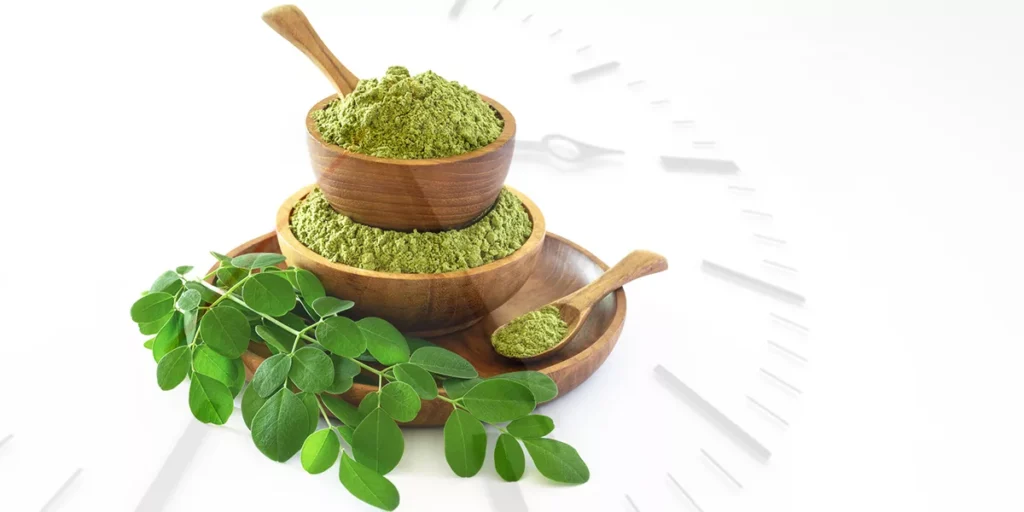
Nutritional Profile of Moringa Powder
The nutritional profile of Moringa powder is nothing short of impressive, packing an abundance of essential vitamins, minerals, and antioxidants. This vibrant green powder is a treasure trove of nutrients, making it a highly sought-after dietary supplement.
In terms of vitamins, Moringa powder is a powerhouse. It’s loaded with Vitamin A, known for its role in maintaining healthy vision and skin. Vitamin C, a potent antioxidant crucial for immune function, is also found in significant amounts in Moringa powder. Moreover, it contains Vitamin E, which supports skin health and acts as an antioxidant, protecting cells from damage.
Minerals play a crucial role in overall health, and Moringa powder is a rich source of them. It boasts noteworthy levels of calcium, essential for strong bones and teeth, and potassium, vital for heart health and muscle function. Iron, necessary for the production of red blood cells, and magnesium, crucial for various biochemical reactions in the body, are also found in Moringa powder.
One of the remarkable aspects of Moringa powder is its protein content. It contains all nine essential amino acids, making it a complete protein source. This is especially beneficial for vegetarians and vegans seeking alternative protein sources.
Additionally, Moringa powder is packed with antioxidants, including quercetin, chlorogenic acid, and beta-carotene. These antioxidants help combat oxidative stress, reduce inflammation, and protect the body against various diseases and cellular damage.
The impressive nutritional richness of Moringa powder has earned it a reputation as a superfood, offering a comprehensive array of vitamins, minerals, and antioxidants that contribute to overall health and well-being.
Health Benefits of Moringa Powder
The health benefits associated with Moringa powder are wide-ranging, reflecting its rich nutritional composition and bioactive compounds. Incorporating Moringa powder into your routine may offer several advantages for overall well-being.
- Boosting Immunity: Moringa powder is packed with antioxidants, vitamins, and minerals that help strengthen the immune system. Its high concentration of Vitamin C and other antioxidants aids in fighting off free radicals, supporting the body’s defense against infections and illnesses.
- Improving Skin Health: The presence of Vitamin E and other skin-nourishing nutrients in Moringa powder promotes healthy skin. These compounds help reduce oxidative stress on the skin, potentially slowing down the effects of aging and contributing to a radiant complexion.
- Regulating Blood Sugar Levels: Studies suggest that Moringa powder may help regulate blood sugar levels, making it beneficial for individuals managing diabetes. Its bioactive compounds have shown promising effects in helping control blood glucose levels.
- Supporting Heart Health: The antioxidants and anti-inflammatory properties present in Moringa powder may contribute to cardiovascular health. They help reduce the risk of heart-related issues by combating oxidative stress and inflammation in the body.
- Enhancing Energy Levels: With its rich content of vitamins, minerals, and amino acids, Moringa powder can help boost energy levels and combat fatigue. It provides a natural source of nutrients that support overall vitality.
- Aiding Digestion: Moringa powder contains compounds that support digestive health. It may help alleviate digestive issues by promoting healthy gut flora and aiding in smoother digestion.
- Anti-Inflammatory Effects: The bioactive compounds found in Moringa powder have exhibited anti-inflammatory properties. This can be beneficial for reducing inflammation in the body, potentially alleviating discomfort associated with inflammatory conditions.
These health benefits highlight the potential of Moringa powder as a natural supplement to support various aspects of health, from immune function and skin health to energy levels and heart health. As with any supplement, it’s advisable to consult a healthcare professional before adding it to your regimen, especially if you have any existing health conditions or are on medication.
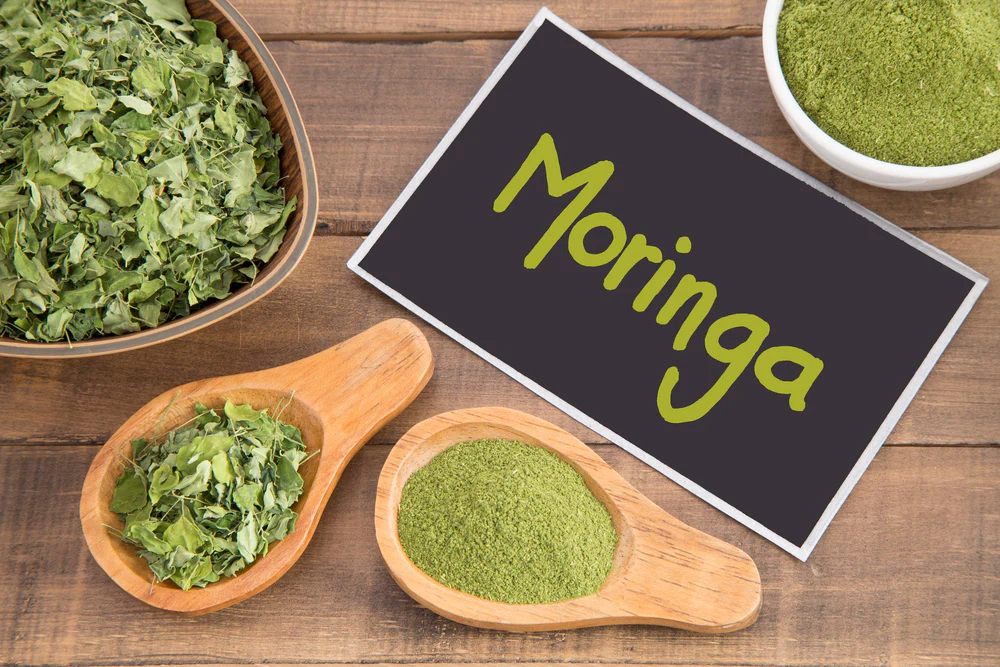
Ways to Incorporate Moringa Powder into Daily Life
There are numerous creative and easy ways to incorporate Moringa powder into your daily routine, adding its nutritional benefits to various aspects of your life:
- Smoothies and Juices: Blend a teaspoon of Moringa powder into your favorite smoothie or juice. Its mild flavor blends well with fruits, vegetables, and other ingredients, offering a nutritional boost without altering the taste significantly.
- Teas and Infusions: Stir Moringa powder into hot water for a nutritious tea. Combine it with herbal teas or infusions for added flavor and health benefits.
- Soups and Stews: Sprinkle Moringa powder into soups, stews, or broths just before serving. It can easily dissolve and infuse its nutrients into the dish.
- Salads and Dressings: Mix Moringa powder into salad dressings or sprinkle it directly onto salads for an extra nutritional punch. It adds a subtle green color and a boost of vitamins to your greens.
- Baked Goods: Incorporate Moringa powder into recipes for muffins, pancakes, or energy bars. It’s a versatile ingredient that can be used in baking to increase the nutritional value of your treats.
- Morning Oats or Cereals: Stir a spoonful of Moringa powder into your morning oatmeal or breakfast cereal. It’s a simple way to elevate the nutritional content of your breakfast.
- DIY Face Masks and Hair Treatments: Combine Moringa powder with other natural ingredients like honey, yogurt, or coconut oil to create nourishing face masks or hair treatments. Its antioxidants and nutrients can benefit skin and hair health when used topically.
- Herbal Infusions: Infuse oils or vinegars with Moringa powder to create flavorful and nutritious bases for cooking or salad dressings.
These versatile methods allow you to seamlessly integrate Moringa powder into your daily routine, whether in culinary delights, beverages, or skincare routines, unlocking its nutritional potential and reaping its numerous health benefits.
Tips for Purchasing High-Quality Moringa Powder
- Quality Assurance: Prioritize reputable brands that adhere to quality standards. Look for certifications like USDA organic, ensuring the product is free from pesticides and additives.
- Color and Scent: High-quality Moringa powder exhibits a vibrant green hue, indicating freshness and nutrient content. A strong, earthy aroma is characteristic of fresh Moringa. Avoid powders with a faded color or off-putting smell, signs of potential degradation or poor processing.
- Source and Processing: Consider the origin of the Moringa leaves. Products sourced from regions with optimal climates and sustainable cultivation practices tend to yield higher-quality leaves. Check if the leaves are shade-dried at low temperatures to retain maximum nutrients.
- Transparency in Labeling: Look for detailed labeling that includes information on sourcing, processing methods, and expiration dates. Transparent labeling builds trust and ensures you’re getting a reliable product.
Tips for Properly Storing Moringa Powder:
- Airtight Containers: Store Moringa powder in airtight, opaque containers to shield it from light and air. Clear or translucent packaging can allow light to degrade its nutrients.
- Cool, Dry Location: Choose a cool, dry spot away from direct sunlight for storage. Exposure to heat and light accelerates the breakdown of nutrients. Optimal temperatures range from 68°F to 77°F (20°C to 25°C).
- Minimize Air Exposure: Air exposure can compromise the quality of Moringa powder. Seal the container tightly after each use to minimize contact with air, helping to preserve its potency.
- Avoid Moisture: Ensure the storage area is moisture-free. Humidity can cause clumping and spoilage. Use desiccants or moisture-absorbing packets if needed.
- Regular Usage and Rotation: Aim to use Moringa powder within a reasonable timeframe, ideally within six months to a year after opening, to benefit from its maximum potency. Rotate stock to maintain freshness.
Implementing these guidelines when purchasing and storing Moringa powder will safeguard its nutritional content, ensuring that you receive the full spectrum of health benefits from this remarkable superfood.
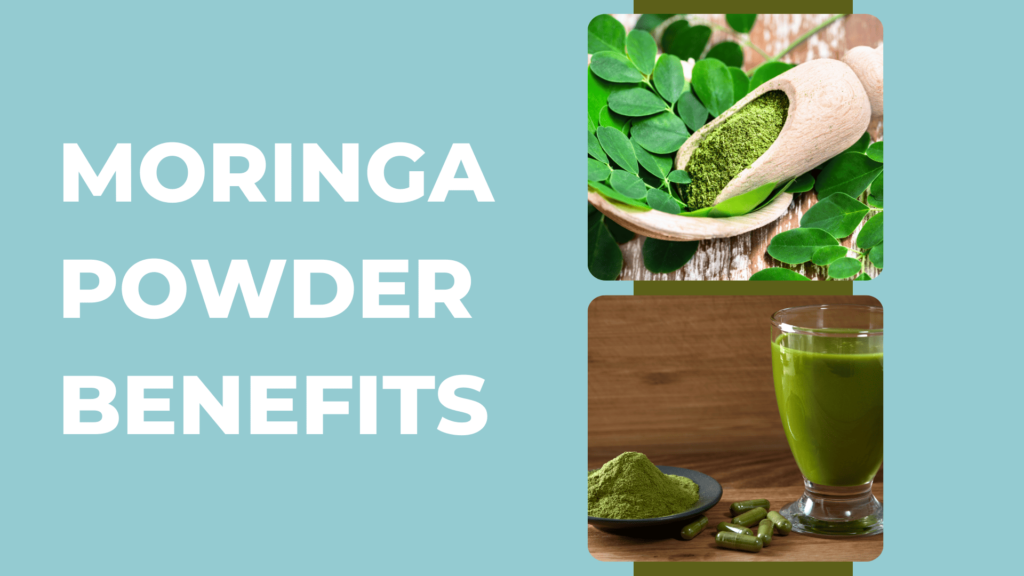
Potential Side Effects and Precautions
- Digestive Issues: In some cases, consuming excessive amounts of Moringa powder may lead to digestive discomfort, such as diarrhea, nausea, or stomach cramps. It’s advisable to start with small doses and gradually increase intake to assess individual tolerance.
- Interaction with Medications: Moringa may interact with certain medications. Individuals on medications for diabetes, high blood pressure, or blood-thinning medications should consult a healthcare professional before incorporating Moringa powder into their routine. It may affect the effectiveness or potency of certain drugs.
- Allergic Reactions: While rare, allergic reactions to Moringa may occur, especially in individuals with hypersensitivities to plants in the Moringaceae family. Allergic responses may manifest as skin rashes, itching, or respiratory issues. Discontinue use if allergic symptoms arise.
- Pregnancy and Breastfeeding: Limited research exists on the effects of Moringa powder during pregnancy and breastfeeding. Consult a healthcare provider before using Moringa supplements during these periods to ensure safety.
- Children’s Consumption: The safety of Moringa powder for children hasn’t been extensively studied. Exercise caution and consult a pediatrician before giving Moringa supplements to children.
- Dosage Considerations: Adhere to recommended dosages provided by reputable sources. Excessive intake, beyond recommended amounts, may lead to adverse effects.
It’s crucial to approach the consumption of Moringa powder with caution, especially if you have pre-existing health conditions, are taking medications, or are pregnant or breastfeeding. Consulting a healthcare professional before adding Moringa powder to your regimen can help mitigate potential risks and ensure safe consumption.
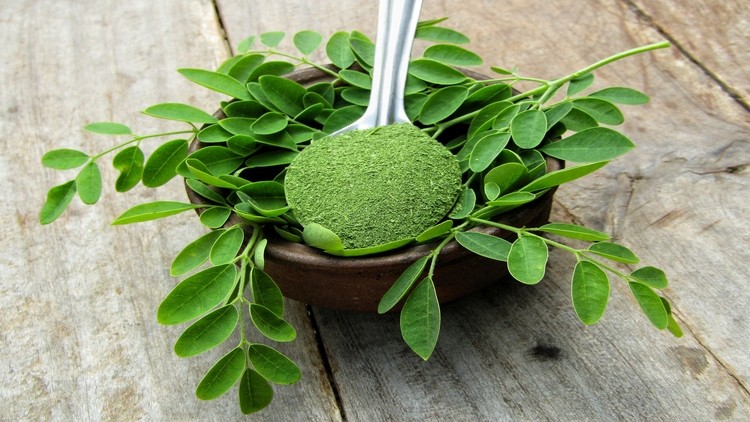
Source to Get Organic Moringa Leaf Powder Capsules
Conclusion
In essence, Moringa powder stands as a nutritional powerhouse, offering a multitude of health benefits and versatile applications. Its incorporation into daily life presents an opportunity for holistic well-being, both internally and externally.
FAQs
- **Is Moringa powder safe for pregnant women?
- **Can Moringa powder help with weight loss?
- **How much Moringa powder should one consume daily?
- **Are there any allergic reactions associated with Moringa powder?
- Is Moringa powder suitable for children?
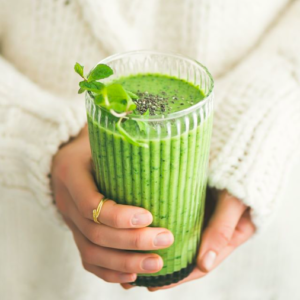


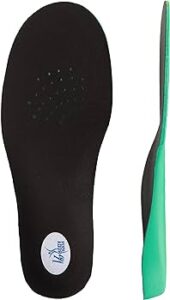





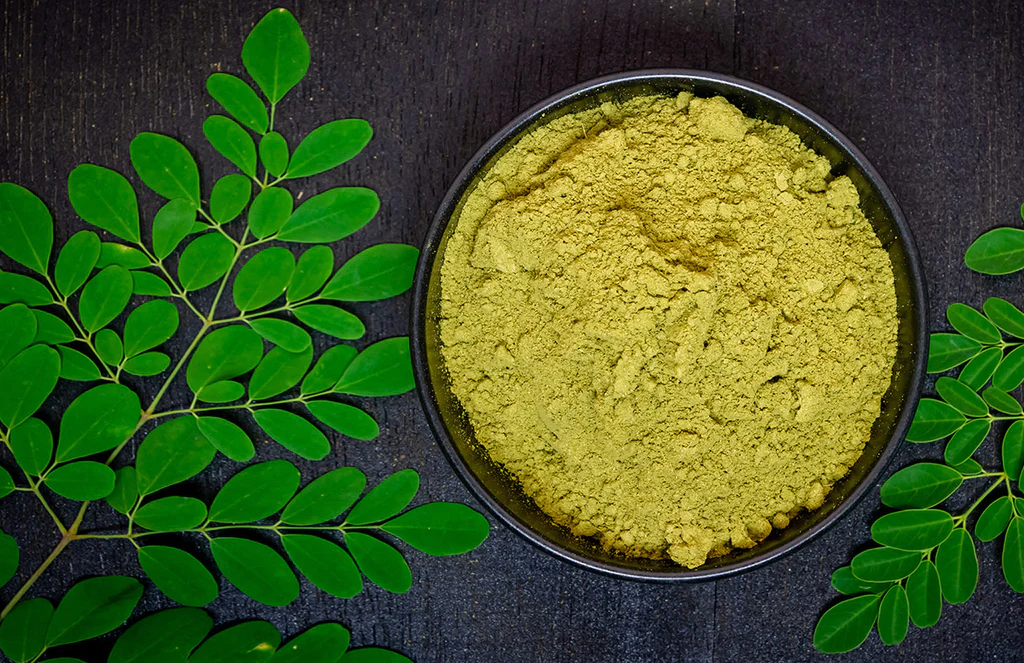
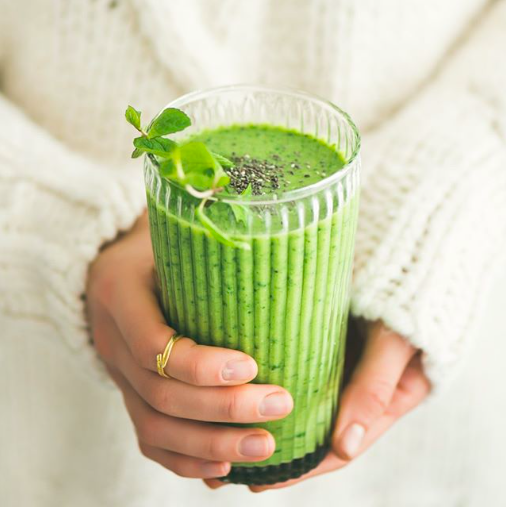


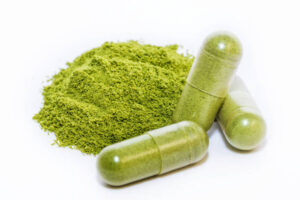
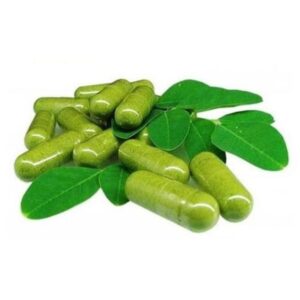





+ There are no comments
Add yours